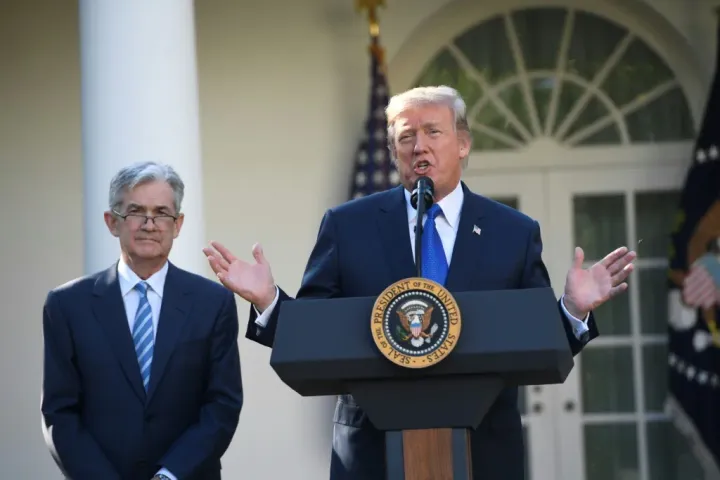China Waives 125% Tariff on U.S. Ethane Amid Mounting Economic Pressures

In a major reversal that underscores the growing strain on Beijing's economy, China has officially waived a steep 125% tariff on U.S. ethane imports, a move seen by analysts as a direct response to intensifying economic pressure from the Trump administration.
The tariff, introduced earlier this month as part of a broader retaliation strategy against President Donald Trump’s “Liberation Day” tariff campaign, has been quietly withdrawn, according to a Reuters report citing two informed sources. The development comes just days after U.S. Treasury Secretary Scott Bessent warned that the punitive measures could cost China millions of jobs.
“I think that over time we will see that the Chinese tariffs are unsustainable for China,” said Bessent during a press conference at the White House on Tuesday.
“They could lose 10 million jobs very quickly. Even with reduced tariffs, the loss could still hit 5 million.”
China is the largest buyer of U.S. ethane, accounting for nearly 50% of America’s total ethane exports, according to the U.S. Energy Information Administration. Ethane, a natural gas liquid primarily derived from U.S. shale production, is critical to China's growing petrochemical sector.
The removal of the 125% tariff comes as a relief to key Chinese importers including:
- Satellite Chemical
- SP Chemicals
- Sinopec
- Sanjiang Fine Chemical
- Wanhua Chemical Group
On the American side, Enterprise Products Partners (NYSE:EPD) and Energy Transfer (NYSE:ET) stand to benefit as the primary exporters.
This latest concession adds ethane to a growing list of American products receiving tariff exemptions from China, which already includes pharmaceuticals, microchips, and aircraft engines. The Chinese government has reportedly instructed domestic firms to submit lists of "critical goods" needed without levies, signaling a softening stance amid deteriorating trade conditions.
“They sell almost five times more goods to us than we sell to them,” Bessent added. “So the onus will be on them to take off these tariffs. They’re unsustainable for them.”
The Trump administration has consistently framed the trade dispute as an overdue correction of long-standing imbalances. After initially announcing broad tariffs against multiple countries on April 2, the White House escalated its stance with a 145% hike on Chinese goods by April 9, while temporarily easing measures on others.
While China responded with a retaliatory 125% tariff on U.S. ethane, the current backtrack highlights the vulnerability of Beijing’s petrochemical industry and suggests internal calculations may be shifting.



